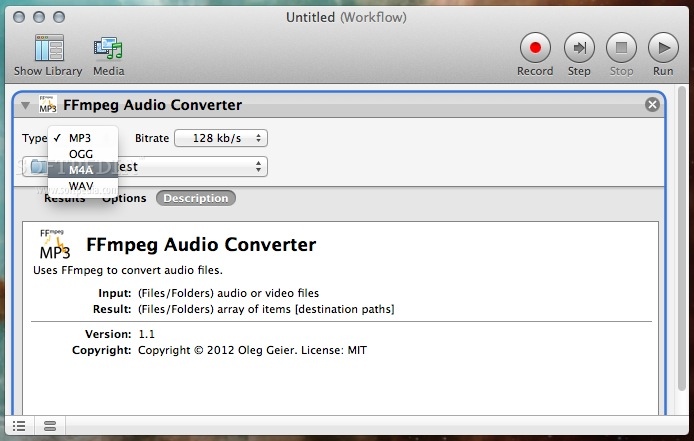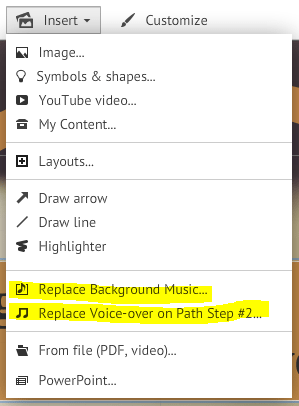


It should, however, run under any OS that supports BASH (please let me know if you find any bugs in cross-platform support).Ĭonvert to FLAC currently supports the following input formats:

In addition to simply transcoding the file to the FLAC format, Convert to FLAC also preserves any existing tags from the original file.Ĭonvert to FLAC is a BASH shell script, and was originally written for use under Linux. FLAC is my preferred audio format for archiving music, so I wanted an easy way to convert other formats to FLAC. The Convert to FLAC script converts audio files compressed with alternative lossless codecs (Monkey's Audio, Shorten, etc.) to the FLAC format. to see diagnostic information about FFmpeg detection.Skip to: Download | Installation | Usage | Technical Details IntroductionįLAC is a free, open source lossless compression audio codec. You can also choose Help > Diagnostics > Show Log. button to obtain the correct library for your operating system. If you still see "not found", you may have installed the wrong libraries. Click Open then OK and OK again to close Preferences.įFmpeg Library Version should now show a set of three version numbers for the sub-libraries of FFmpeg ("F" for libavformat version, "C" for libavcodec version and "U" for libavutil version).

Navigate to the folder that contains FFmpeg, and select the file avformat-55.dll.If the " Locate FFmpeg" dialog appears, click Browse.If a " Success" message indicates Audacity has now automatically detected valid FFmpeg libraries and asks if you want to detect them manually, click No, then OK to close Preferences.To do this, access Preferences then the "Libraries" tab on the left:Īs seen in the image above, the "FFmpeg Library Version" will say "not found". If you installed FFmpeg while Audacity was running, or if you installed FFmpeg to a non-default location, Audacity will ask you to configure Preferences to locate the FFmpeg library.


 0 kommentar(er)
0 kommentar(er)
